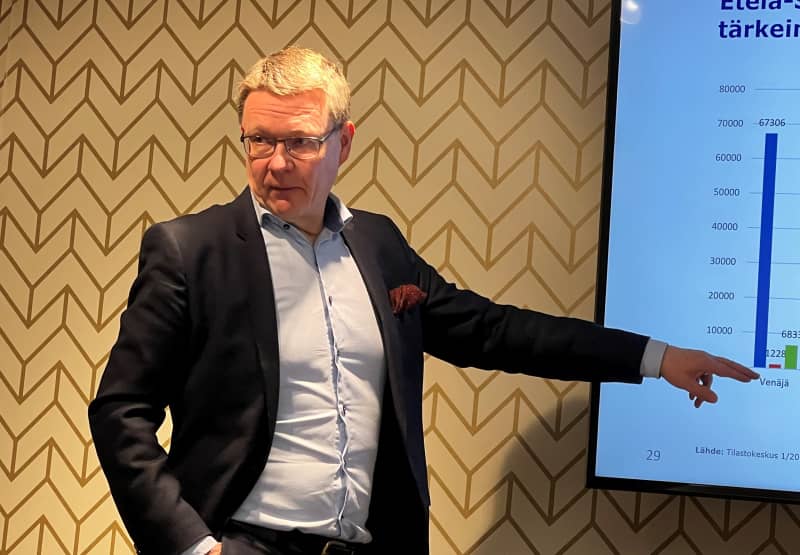
The interest organization of the tourism and catering industry demands clear solutions from the post-election government to improve the industry’s profitability. In addition, access to foreign labor should be facilitated.
For three years, the tourism and catering industry has lived through a drastic change. The corona restrictions left a scar on the industry, the consequences of which are still being suffered.
When the doors of the restaurants were closed, some of the workers were left with nothing and completely changed the industry, some even permanently.
According to Lapland, the consideration of needs in hiring foreign labor should be removed completely.
– We definitely need foreign labor outside of the highly educated IT sector.
Mara’s second goal for the government negotiations after the spring parliamentary elections is to reduce the value added tax on alcohol sold in restaurants to 14 percent.
This was done with meals sold in restaurants twenty years ago.
– It would help curb the Estonian liquor rally to some extent. Nowadays, various family and especially birthday parties are organized in places where you can take your own drinks.
Timo Lappi estimates that hundreds of companies in the industry have been closed in Finland over the past 15 years due to the import of cheap alcohol.
– In practice, we have lost manor hotels and restaurants, where many weddings and birthday parties used to be held.
According to MaRa’s calculations, the state loses 176 million euros a year in alcohol and value added tax revenues due to Estonian imports.
– Only one-tenth of alcohol is consumed in restaurants, but two-thirds of jobs related to the alcohol industry are in restaurants. The industry employs a lot in Finland.
– When a customer asks our members about a party space, the first question is whether they can bring their own drinks.
Other services are used at the same time
According to Lapland, some of the restaurants have ended up with a solution where they offer two rooms: a serving room and another room where you can take your own drinks.
– It’s a really strange situation that companies that follow the law and pay their taxes suffer a lot from this.
The cheapness of alcohol also hurts tourism and catering companies because it attracts tourists to the Baltic countries instead of domestic destinations.
– At the same time, in addition to restaurant and accommodation services, other services are used. We use the car for maintenance, we go to the doctor. It is a large transfer of income from domestic companies and from the scope of Finnish taxation to foreign countries.
Tourism and catering services employ approximately 150,000 workers in Finland.
Timo Lappi estimates that tens of thousands more jobs could be created if labor availability and alcohol taxation were in line with the wishes of the industry.
